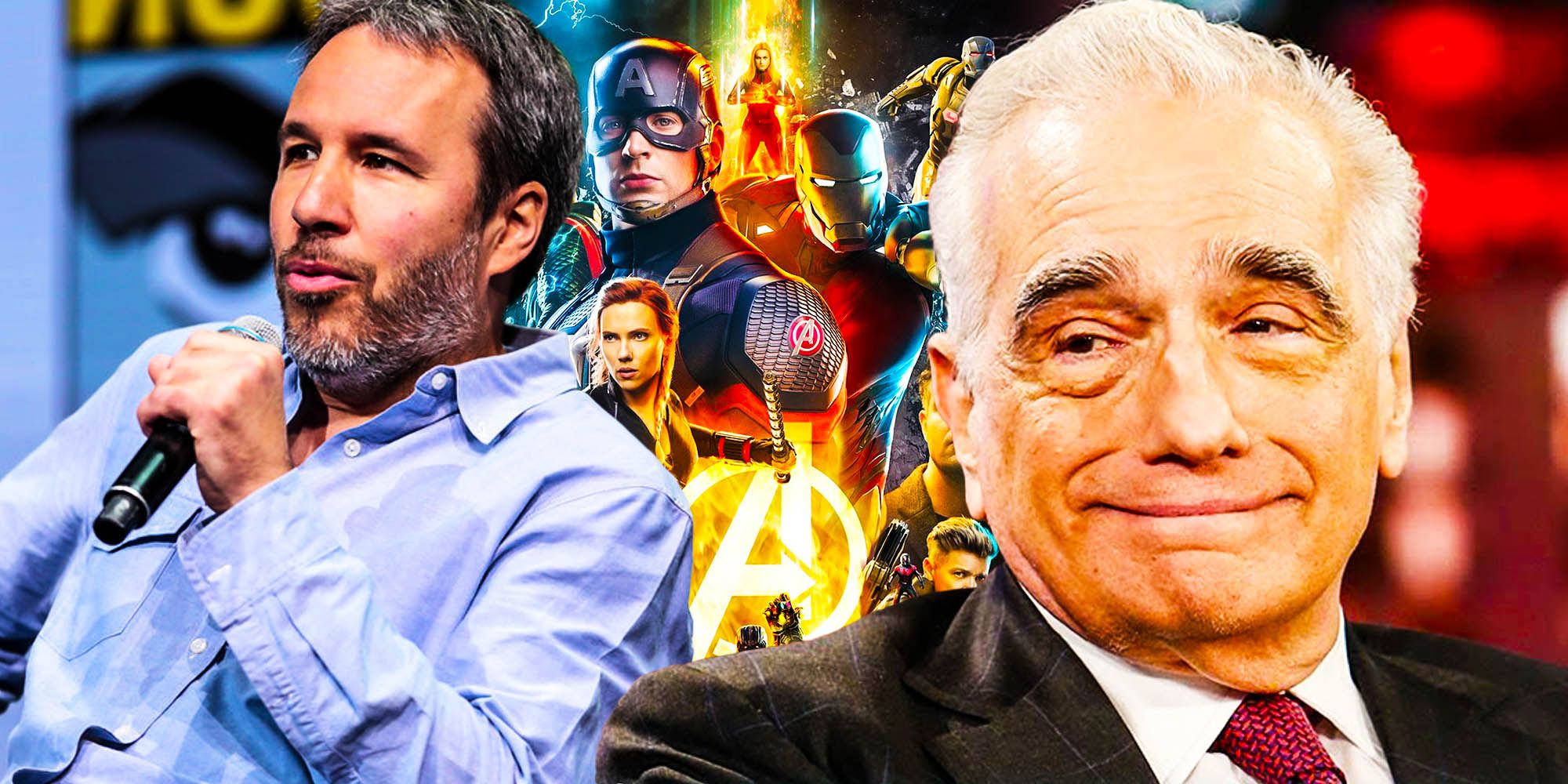
Despite the series' phenomenal critical and commercial success, many prominent directors continue to criticize the Marvel Cinematic Universe. The likes of Martin Scorsese, Denis Villeneuve and Ken Loach have all made their disdain for Marvel clear over the years, often alienating fanbases as a result. The reasons behind this criticism often focus on perceived flaws in the superhero formula. However, behind the barrage of negativity, there is something much more complex at work.
Since the late 2000s, superhero movies have been the dominant force at the box office. To date, the entire MCU has grossed an astonishing $22.93bn, with the concluding chapter in the Phase 3 saga, Avengers: Endgame becoming the highest-grossing movie ever at the time of release thanks to an astonishing $2.8bn global box office. Beyond ticket sales, the films have also been consistent hits critically, with audiences praising the saga's unique blend of humor, action, strong performances and breath-taking special effects. In fact, every single film in the MCU series has been rated as "Fresh" or better by the review aggregator Rotten Tomatoes, highlighting Marvel Studios' consistency.
Despite the MCU's prolonged and ongoing success, however, many of the biggest names in the industry have made it clear that they are not fans. For all the onscreen pyrotechnics and intricate world-building, many claim that the films themselves are derivative and offer little scope for creative freedom – with some even going so far as to suggest that they represent a cut-and-paste job from one movie to the next. Considering the reputations of some of the MCU's biggest critics, it's hard not to take them seriously. However, after close consideration, it's clear that not only are many comments invalid but that they also reveal something important about the film industry as a whole.
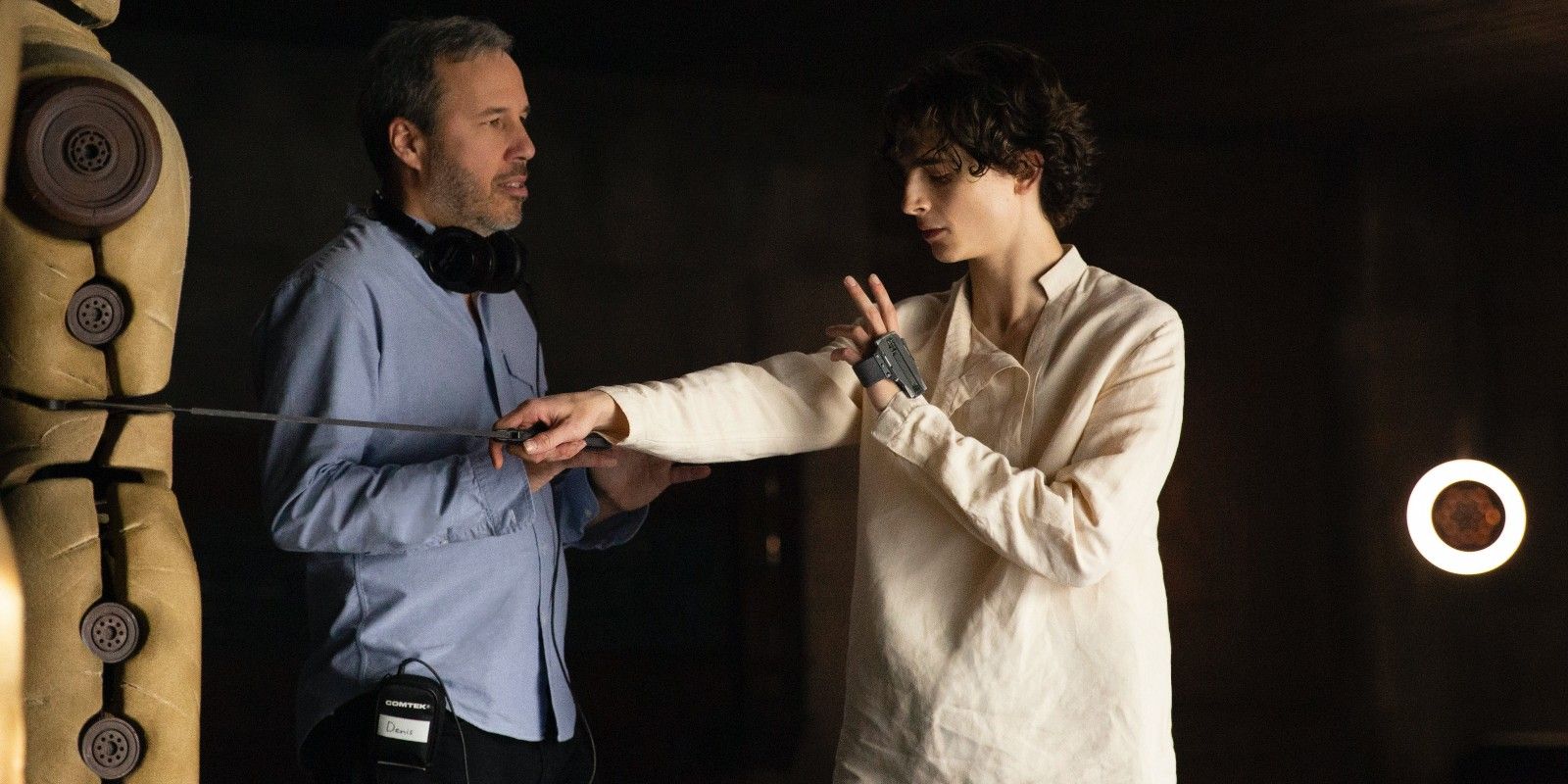
While there's no shortage of big-name directors who have looked down their noses at Marvel over the years, it's rarely the case that their comments come without provocation. In many cases, juicy quotes from the likes of Villeneuve, Ridley Scott and others come from longer interviews with journalists. The reasons why interviewers return to the subject time and again are extremely transparent.
As easily the most commercially successful and dominant genre in modern cinema, superhero movies naturally have a huge target on their back. In any major artistic movement, whether in music, literature or film, it's inevitable that the most popular style in any particular moment will come in for criticism from the rest of the industry. Invariably, this is due to an understandable frustration that other equally valid works don't attract deserved attention, coupled with an element of jealousy. After all, it's hard not to feel a little envious of a near-$3bn film that has a perceived lack of creative integrity.
Although the MCU is about much more than regurgitating the same formula, it is true that some directors do not enjoy the same level of freedom that they would on a solo project. Marvel is famed for its multiple timelines and interconnected narrative thread, which means that each movie has an obligation to the wider storyline. Understandably, certain directors find this stifling. Edgar Wright, for instance, left Ant-Man due to his frustration at not being able to make the movie that he wanted. This tension, coupled with the level of recognition that these multi-billion dollar franchises enjoy among the public, makes Marvel a never-ending source of drama for the press. Thanks to both the genre's popularity and the unique creative vision of the MCU, there will always be a conflict between more independent auteurs and those happy to work together in service of a larger story.
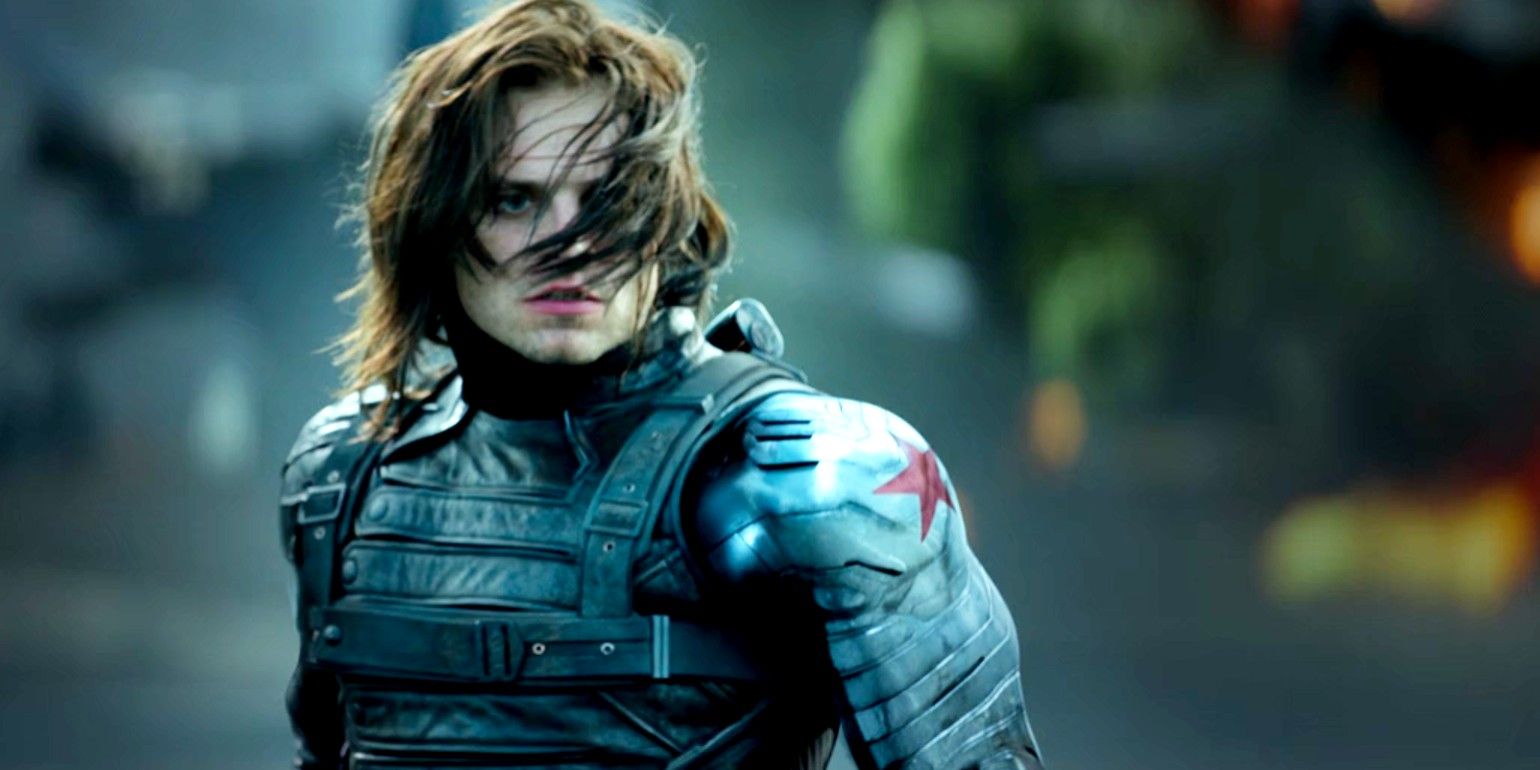
While both the movies' popularity and requirements for narrative consistency explain why some filmmakers might feel resentful, these factors do not justify claims of uniformity. Within the same cinematic universe, Marvel has actually been able to create myriad different stories that span multiple different genres. The fact that the studio has been able to incorporate so many unique styles while maintaining a largely cohesive storyline across so many films actually highlights just what a significant movie-making achievement the MCU really is.
Take, for instance, films like Captain America: The Winter Soldier and Guardians Of The Galaxy. The former is a modern spy thriller that nods to genre classics like Three Days of the Condor, while the latter is a space-hopping sci-fi adventure that feels more Star Wars than superhero. Each film charts its own path and features a completely unique aesthetic and narrative. In both films, the wider MCU story is equal parts incidental and integral. This highlights not only how unique the films are, but what a complicated balancing act every Marvel director has to perform. To dismiss this delicate tightrope as a simple "cut-and-paste" job misunderstands just what it takes to build a complete and cohesive on-screen universe while keeping every entry feeling fresh and interesting.
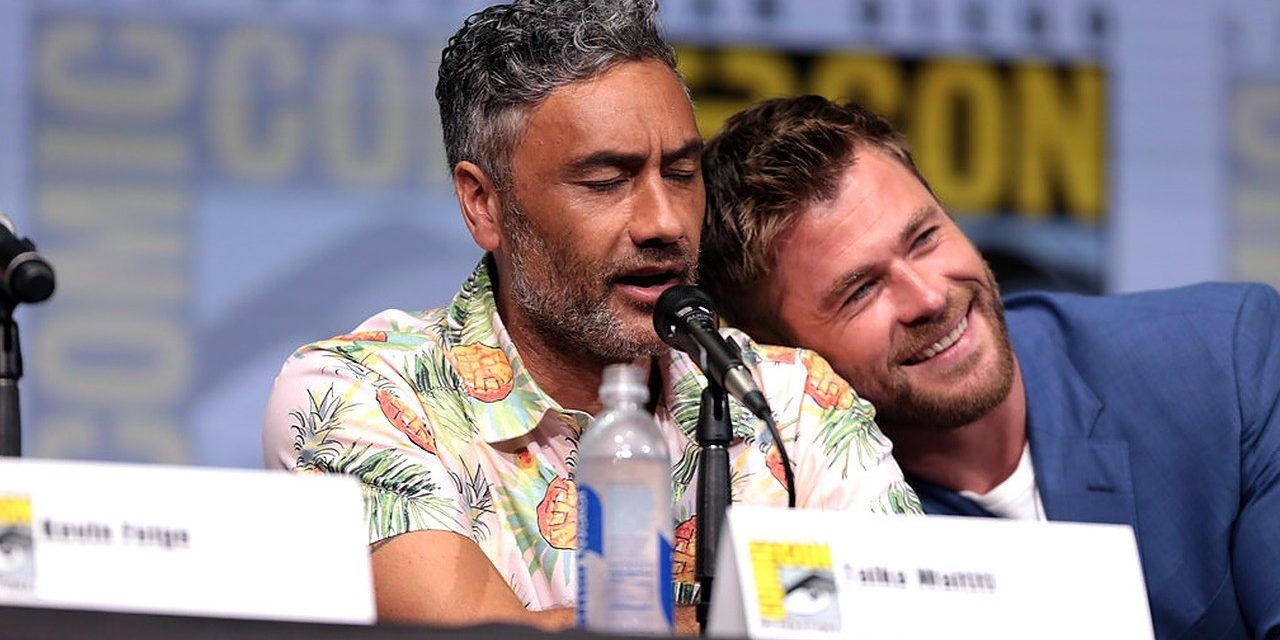
Thanks to the studios' ongoing success, having a go at Marvel is low-hanging fruit for the rest of the movie-making industry. However, the implication that "proper" directors won't go near the MCU is an insult to the range of talented personnel that have contributed to the franchise as it is today. Further still, the suggestion that Marvel directors are somehow irrelevant to the look and feel of the end result is not only disparaging, it's also demonstrably untrue.
Over the years, for instance, the direction of the entire MCU project has been molded thanks to the input of visionaries such as Jon Favreau (director of Iron-Man), Ken Branagh (Thor) and Taika Waititi. Although elements of the story are non-negotiable, it's undeniable that each Marvel director brings his or her own stamp to a particular project. Taika Waititi's Thor: Ragnarok, for instance, is a hilarious blend of classic superhero action with the off-the-wall humor that defined the director's previous projects (such as What We Do In The Shadows), resulting in a completely original film. Waititi himself said of making the movie that, though he felt "like a guest in Marvel's universe...", he still had "...the creative freedom to do what (he) want(ed)". This just goes to show that a great and undeniably unique director can still thrive within the MCU framework.
Just as a great director can work to create a great MCU movie, a bad director cannot deliver on the same level. Before anything else, MCU movies are still – inescapably – movies. Each film requires all the same elements of storytelling, visual style and creative choice that determine whether any movie will ultimately be successful. The only real difference is the connection to a wider arc. There's no doubt that some directors may struggle with having such an overbearing presence dictate what they can and can't do. However, as the history of the MCU makes plain, plenty of seriously talented people succeed.
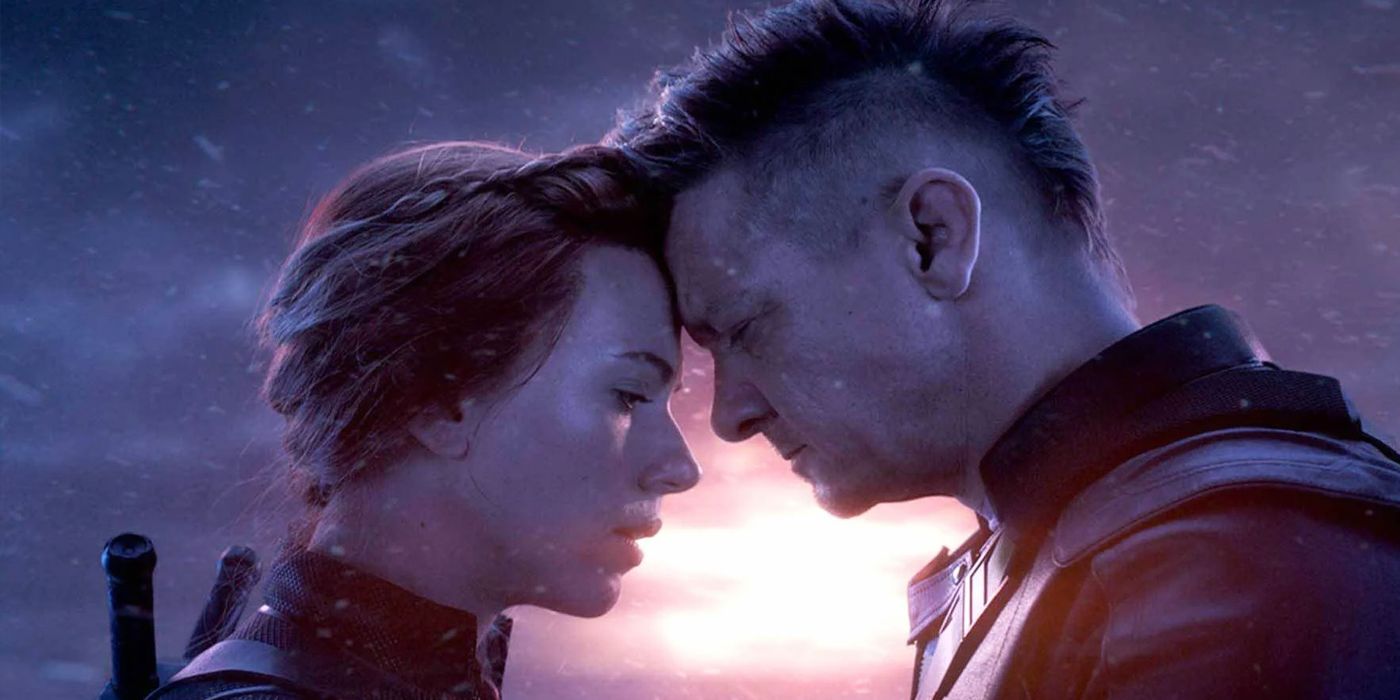
The MCU's epic, 20-plus film approach to telling one central story marks it out as a unique achievement in the history of cinema. However, despite this clear point of difference between it and other films, the fundamentals that make up the individual components in that central story are remarkably similar to almost every other large-scale filmmaking project. Although there are undoubted thematic similarities, such as good vs evil or a far-fetched origin, these are tropes that appear across the entire industry, not just superhero movies. As such, the supposed conflict between the MCU and other "real" films is actually complete fiction.
For example, Dune-director Denis Villeneuve, who recently lambasted the MCU for its repetitive and derivative elements, regularly incorporates themes and elements into his own work that superhero fans would be able to instantly recognize. Arguably, a film like Blade Runner 2049, which features the almost vigilante-style pursuit of fugitive replicants across a futuristic alternative reality, has a lot more in common with many masked crime-fighting stories than Villeneuve would like to admit.
A central Marvel criticism is the pernicious idea that superhero films are nothing more than a cynical cash-grab, based around commodifying fan loyalty to preexisting artistic material. This suggestion, however, completely fails to recognize the success of the MCU for what it is. As the DCEU's struggles prove, it's not enough to just combine a group of popular characters in front of the camera and expect results. It takes genuine vision and almost superhuman organization to pull together multiple disparate threads to create a satisfying and successful story. In many ways, the Marvel Cinematic Universe is very different to the rest of the film industry. However, as many of its critics should appreciate, being unique is not the same as being a failure.
from ScreenRant - Feed https://ift.tt/3EBsAQD


0 Comments